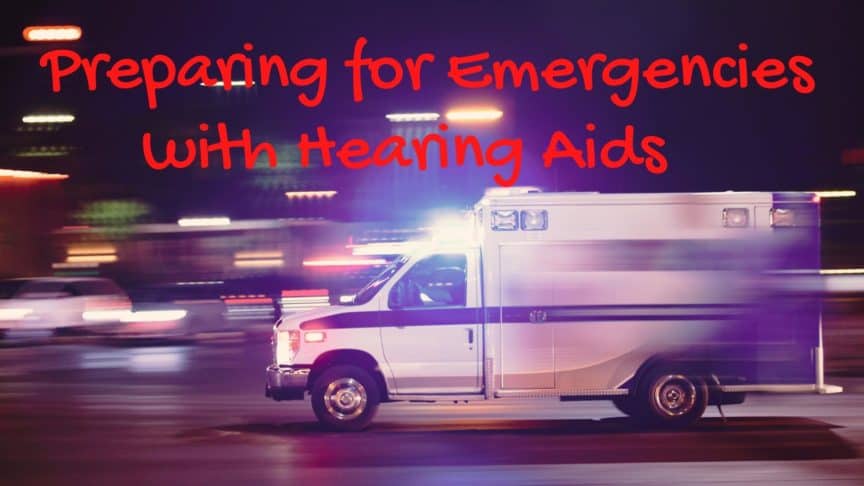- Guide to Decorating Your Hearing Aids - May 3, 2024
- Navigating Concerts When Wearing Hearing Aids - April 28, 2024
- How to Care for Infants With Hearing Loss - April 15, 2024
As Minnesotans, we are used to snow and storms, but now and then a natural disaster comes along that we just aren’t prepared for. Much of Minnesota is considered in the territory of “Tornado Alley,” where due to optimal conditions, tornadoes are quite common. It was only a little over ten years ago when Minnesota recorded the biggest tornado outbreak in history. A record 48 tornadoes touched down across Minnesota, damage to homes, buildings, trees, roads, and millions in property damage.
Aside from tornadoes winter storms are becoming increasingly more severe over the years. It was the same year in 2010 when the snowfall was so heavy that it caused the roof of the Metrodome in Minneapolis to collapse, causing 18 million dollars in damage. The point of this, that while we can’t always predict what weather will come our way. Being prepared for weather emergencies is even more important for those of us with hearing loss. If you live with hearing loss, here are a few tips to ensure that you will be prepared to hear through any disaster that comes our way.
Register for Available Emergency Alert Systems
Often with the arrival of a snowstorm or tornado, you will receive notifications on your phone to help you prepare for an emergency. There are also tornado sirens that let you know a tornado is in the vicinity. However, if you have hearing loss, it is far too easy to miss these warnings and be caught unaware. The good news is that you can set up your phone to signal emergencies using vibrations or even flashing lights. This can help you stay up to date on the latest weather developments. Even if you wear hearing aids, you may not wear them when you sleep. There are alarms you can set up which shake your bed, to let you know of an impending threat before it arrives.
Pack an Emergency Kit
If you use hearing aids, then you know how important they are. You don’t want to be caught without them when navigating an emergency. Pack an emergency bag for your car and one for your home. In your kit, you could pack a waterproof case to house your hearing aids, an extra charging station/ extra battery, a pen and paper for communication if your hearing aids aren’t working and if you have it, an older backup pair of hearing aids in case something happens to your everyday pair. Personal Sound Amplification Devices are a great backup option for your hearing aids because they are affordable and can be purchased over the counter at most drug stores.
Make a Plan Ahead of Time
Aside from an emergency kit, it’s a good idea to plan for as many scenarios as possible. While you can’t always plan for everything, preparation will surely come in handy at the most unexpected time. Make a plan with family members, friends, and neighbors about what to do in different emergencies. For instance, in the case of a tornado, have a buddy system in place so you don’t have to go through the emergency on your own and you know exactly what to do in the moment. A buddy can make sure everything is packed and aid as an interpreter, in case something happens to your hearing aids. Have emergency contacts written down and saved in your phone so you can reach out as soon as an impending threat becomes clear. If you live in an urban part of Minnesota, you can also reach out to your city Mayor’s Office for People with Disabilities (MOPD) to find out what types of emergency alerts or systems are available to assist people with a hearing impairment.
Treating a Hearing Loss
We never know when an emergency will come about, but the more we prepare for it, the smoother it will go. If you suspect you have a hearing loss, one of the best preparations you can do for a weather emergency is to have your hearing checked. If a hearing impairment is present, it’s a good idea to treat your hearing loss to help you be ready for anything that could come your way. Schedule a hearing test with us today.

